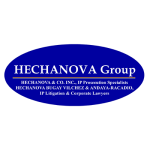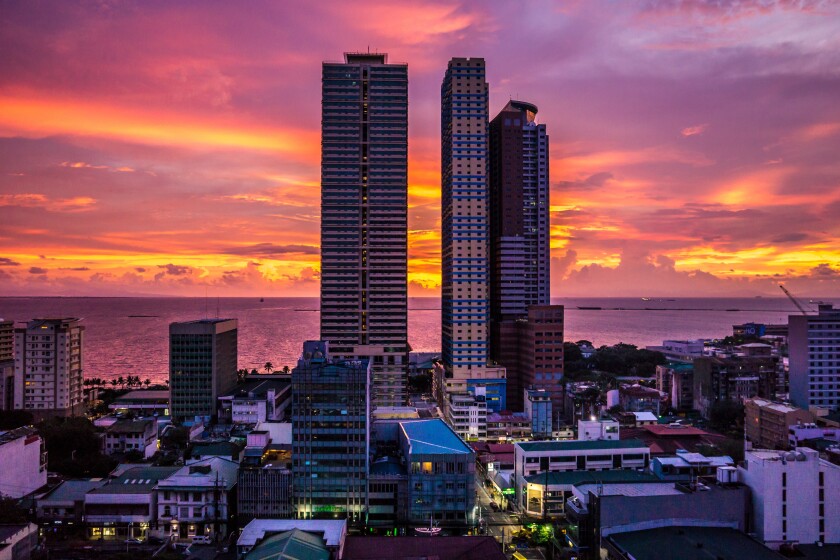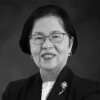The Intellectual Property Office of the Philippines (IPOPHL) recently introduced two key memoranda to formally recognise qualified trademark and patent representatives. These memoranda establish structured criteria and professional standards, aiming to elevate intellectual property (IP) practice in the Philippines, enhance efficiency in IP management, and ensure conformity with global practices. The initiatives ultimately aim to strengthen IP protection and foster innovation.
IPOPHL introduced memorandum circular Nos. 2024-012, for trademark representatives, and 2024-013, for patent representatives, to address evolving complexities in IP registration, protection, and commercialisation brought about by advancements in technology, and political, environmental, and other factors.
Prior to this move, there was no formal standard verifying the competence and qualifications of representatives handling trademark and patent matters. Concerns had arisen regarding inadequate representation, potential confusion among IP applicants in selecting reliable representatives, and the need to be on a par with international standards. By formalising qualifications and recognition processes, IPOPHL seeks to assure IP applicants of competent representation.
Key provisions of each memorandum and previous practices
Trademark representatives
Trademark practitioners are now classified into:
A registered trademark agent who is not a lawyer; or
A registered trademark attorney who is authorised to practise law.
Trademark agents must undergo mandatory recognition by taking a training course and passing the trademark agent qualifying examination conducted by IPOPHL. Trademark agents are authorised to provide services such as trademark searches, filing applications, responding to office actions, giving opinions on registrability, managing renewals, or declarations of use.
Considering the process flow of a trademark application from filing to registration, a trademark agent can assist throughout, but stops short of filing appeals to the director of trademarks involving final rejection by the trademark examiner. At this stage, a trademark attorney steps in.
A registered trademark attorney has the option to register voluntarily and if they do not, they shall not be included in IPOPHL’s registry of trademark attorneys. A trademark attorney can undertake all the services that a trademark agent can perform, and, in addition, provide representation in processes such as appeals, inter partes actions, and IP violation proceedings.
Previously, any person, regardless of professional qualifications, could represent trademark applicants. The updated rules now require agents and attorneys to undergo formal training, pass qualifying examinations, and comply with professional standards. Trademark agents and attorneys must be Filipino citizens, Philippine residents, and free from convictions involving moral turpitude. Recognition is valid for three years, with renewal contingent upon continuous professional development and active practice.
Patent representatives
Similar standards now apply to patent representatives. Registered patent agents who are individuals with a technical background who are not lawyers can handle searches, patent drafting, filing, and prosecuting applications up to registration or final rejection by the patent examiner, for inventions, utility models, and designs; provide opinion on patentability or registrability and infringement analysis; and obtain mandatory recognition. Attorneys, meanwhile, can voluntarily register and perform other services not exclusive to patent attorneys.
Historically, the representation for patent-related services lacked formal criteria, allowing unqualified individuals to provide such specialised services. Under the new system, prospective representatives must complete the Patent Representative Admission Course and pass a qualifying exam. Recognition lasts three years, renewable through demonstrated continuing education and professional practice.
Both memoranda also establish clear disciplinary measures, including suspension or revocation of recognition, for representatives who violate ethical or professional standards.
Implementation of the recognition systems
The recognition systems for trademark and patent representatives are in the implementation phase. The Intellectual Property Academy of IPOPHL has conducted two training courses on trademarks, called the Trademark Agents and Trademarks Attorneys Training Course, and is expected to hold the qualifying examination this year.
In the case of the Patent Agents and Patent Attorneys Training Course, a two-week course was conducted and completed in March 2025, and there is an expectation that the patent agent/attorney qualifying examination will also be held before the end of 2025.
Both programmes include structured training, rigorous examinations, and continuous education requirements. Recognised representatives receive a unique recognition identification code to use in all official IPOPHL transactions.
Oversight of these recognition systems is managed by two newly established bodies:
The Trademark Representatives Recognition Board; and
The Patent Representatives Recognition Board.
These boards supervise training programmes, administer examinations, and enforce professional standards.
These initiatives reflect international best practices, after a careful study of the accreditation systems in use by developed countries, and after public consultations, with the aim of professionalising Philippine IP practice, bolstering public trust, and stimulating economic growth and innovation.













